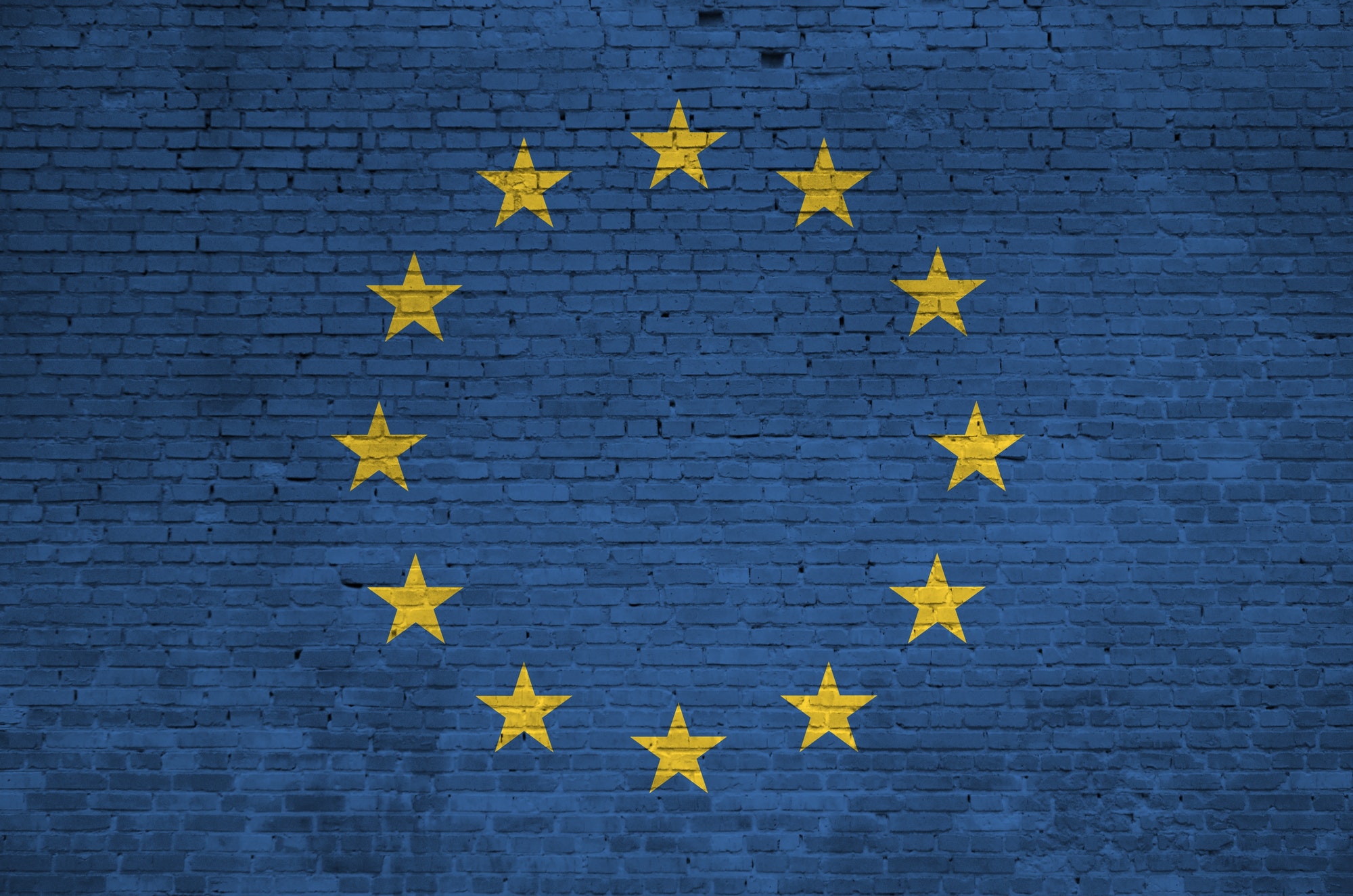French Tech Leaders Urge EU to Boost Funding for Quantum Technology

Insider Brief
- The EU should increase funding initiatives for deep tech and quantum technologies, according to industry experts in France.
- Quantum has significant potential, but also has a growing need for investment in quantum.
- The quantum industry is one of the most capital-intensive endeavors, requiring substantial investment for companies.
European Union (EU) leaders are being called upon to increase funding initiatives for deep tech and quantum technologies, according to industry experts in France. The group of French quantum leaders told Euractiv that their push emphasizes both the significant potential of and growing need for investment in quantum.
According to these executives, quantum computing promises advancements in computational speed, potentially reducing years of calculations to mere hours or minutes. This advancement would offer a “quantum advantage” to whoever masters it first. Currently, quantum computers are improving incrementally over existing technology, with quantum sensors, such as inertial navigation systems, being closest to market readiness.
Neil Abroug, head of the French quantum strategy, stressed the importance of synergy between national and EU efforts in this domain.
“For Europe to fully play its role, we need to establish synergies between what is happening at the national level and what is taking place at the EU level,” Abroug told Euractiv.
The quantum industry is one of the most capital-intensive endeavors, requiring substantial investment for companies to evolve. Théau Peronnin, CEO and co-founder of Alice & Bob, a Paris-based startup building quantum computers, praised France for its conducive environment for tech startups.
“France is arguably one of the best countries to launch a tech startup,” Peronni told the media site.
The nation has initiated several supportive measures, including the French Tech label and a startup-friendly fiscal system. Quantonation, a French venture capital fund, is exclusively dedicated to quantum technology investments and has been a pivotal player in the French quantum ecosystem.
Despite these advances, European funding fragmentation remains a bottleneck, particularly when larger cash infusions are needed, the group told Euractiv. As an example, the French startup Pasqal raised €100 million in 2023, involving non-European investors like Temasek Holdings from Singapore and Wa’ed Ventures, Aramco’s investment fund. These investments were complemented by European entities like Bpifrance and the European Innovation Council.
Nicolas Proust, Pasqal’s head of strategy, emphasized the need for a robust financing ecosystem for deep tech startups, a sentiment echoed by Pierre Desjardins, co-founder and CEO of quantum startup C12. They advocate for more concrete action from public authorities to foster technological development.
Desjardins told Euractiv: “We have now reached the point where we, start-ups, need even more concrete action from public authorities to enable us to enter the phase of technological development.”
The absence of substantial European investment funds is a historical challenge, according to the experts. In 2020, a parliamentary report commissioned by former Prime Minister Édouard Philippe recommended establishing a large-scale investment fund, initially proposed to be between €300 and €500 million, dedicated to quantum startups.
Abroug, a rapporteur for this investigation, told Euractiv he believes that such a fund should now exceed a billion euros, given the quantum ecosystem’s evolution.
Some EU initiatives, like the 2023 European Tech Champions Initiative, have been launched to support major tech funds. However, this initiative lacks a specific focus on quantum technology.
Peronnin summarized the challenge: “If I were to raise €100 million, I would have to find a lead investor who would contribute half the amount… The challenge is that such European investment funds, with the know-how to invest in deep tech, are hard to come by.”
This situation outlines a critical juncture for the EU in quantum technology investment, underscoring the need for targeted, substantial funding to maintain competitiveness and innovation in this rapidly evolving field.
